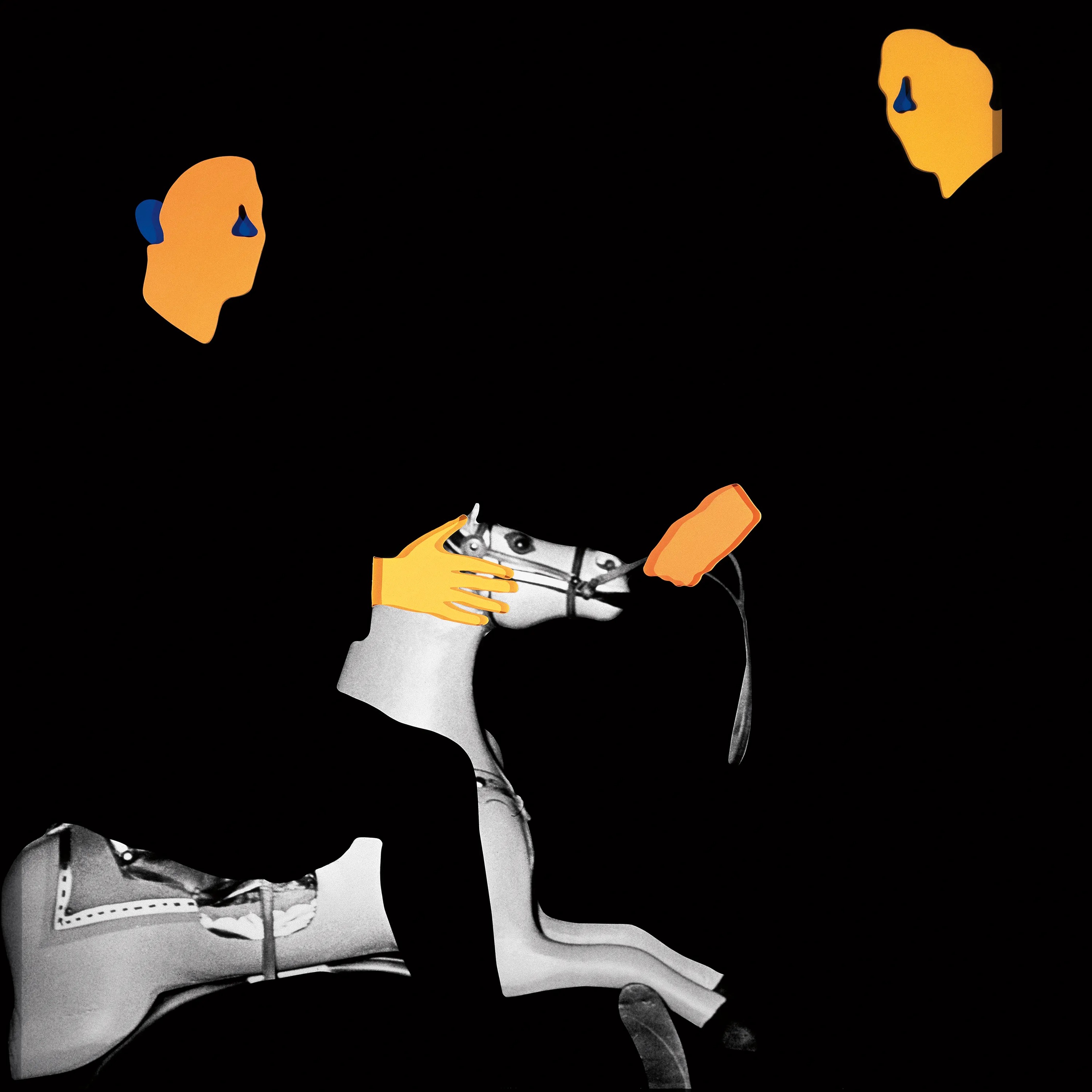
The musical duo MGMT—the University’s own Andrew VanWyngarden ’05 and Ben Goldwasser ’05—has long been a case study in reinvention. With their first record, Oracular Spectacular (2007), they put out the three hits that have likely been paying their bills ever since. The singles from that album—“Kids,” “Electric Feel,” and “Time to Pretend”—were the kind of devilishly catchy songs primed for use in TV commercials and movie trailers. The three perfectly crafted pop songs, to their benefit, feel defiantly young. “Time to Pretend” is in some ways a tongue-in-cheek parody of the live-fast-die-young idea, including in its lyrics the messy and deadly realities that come with that lifestyle. You’d be forgiven for only hearing the melody, though, which makes it sound exactly like the kind of song it’s poking fun at. MGMT was a generationally defining band for many: What happens when that band gets old?
The answer, in MGMT’s case, is seemingly extreme relief. The band has made no secret of the fact that their first three hits only represented a fraction of what they wanted to do musically, and their records immediately following Oracular Spectacular make this beautifully clear. On their follow-up album, Congratulations (2010), they venture down a rabbit hole of heavy psychedelia and linear song structures and come out with a signature sound that sounds too retro to be youthful but too lively to be old. It’s a phenomenal record. Now, on their latest record Loss of Life (2024), which came out on Friday, Feb. 23, they’ve released what could be their most fully formed album yet: a minor update of their sound for a song cycle that feels like it’s reaching for the therapeutic and, on the record’s best moments, achieving it.
Loss of Life’s major sonic addition is the airy, jangling guitar tone, which snaps into focus on “Mother Nature,” the first song following the intro. Hearing it for the first time in Ring Family Performance Hall, at the advance-listening party on Thursday, Feb. 22, I was surprised at how digestible it was. A lot of MGMT’s recent material has been spacier and full of synth. While those elements turn up on Loss of Life, they tend to circle around a piece of lead guitar that feels more grounded. It’s almost like a human touch, one that sonically matches the record’s most life-affirming lyrics. When the guitar gets a little fuzzier, it allows the duo to go in a much more classical-rock direction. The track “Bubblegum Dog” is an absolute anthem, the kind of song you could imagine lighting up a room when played live.
The track’s chorus is one of the most obvious examples of what makes the record so melodically special. The verses are a little tough to latch onto at first, but—having written a few of the catchiest songs of all time—VanWyngarden and Goldwasser tend to use these more questionable passages to transition into supremely cathartic melodic moments. This is especially true on “Dancing in Babylon” featuring French singer-songwriter Christine and the Queens, which shifts admirably between being moving and annoying probably ten times. In a sense, it encapsulates what makes MGMT after Oracular Spectacular so special: these are wonderfully talented pop songwriters who emphatically do not want to write pop music.
Though the first half of Loss of Life is unquestionably stronger (the one-two punch of “Phradie’s Song” and “I Wish I Was Joking” in the second is a bit of a snooze), this is perhaps the first time I’ve felt as though an MGMT record wasn’t just a collection of great songs, but instead a whole project that I’d be most likely to listen to all the way through again. The record’s bookends, “Loss of Life Pt. 2” and “Loss of Life,” the final track, make the record feel like a closed loop. The record’s final moments, in which VanWyngarden sings about “learning to love your loss of life” feel like the kind of moment that we chase without realizing, the end of a journey and an incentive to revisit the questions that got us there. Loss of Life makes this inner journey audible, and because of that it offers the perfect counterpoint to the philosophy of MGMT’s early work: Life isn’t about reckless, unlimited pleasure, but about experiencing everything our little brains can before the end.
Louis Chiasson can be reached at lchiasson@wesleyan.edu.


Leave a Reply